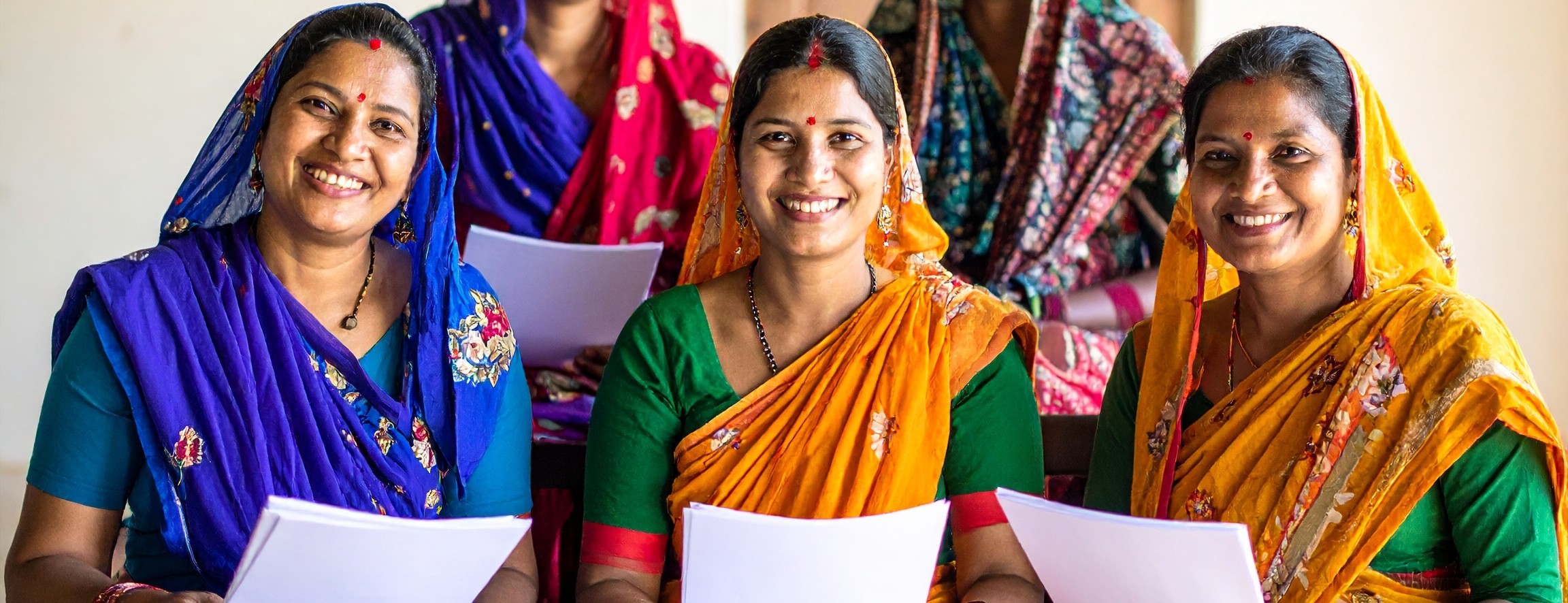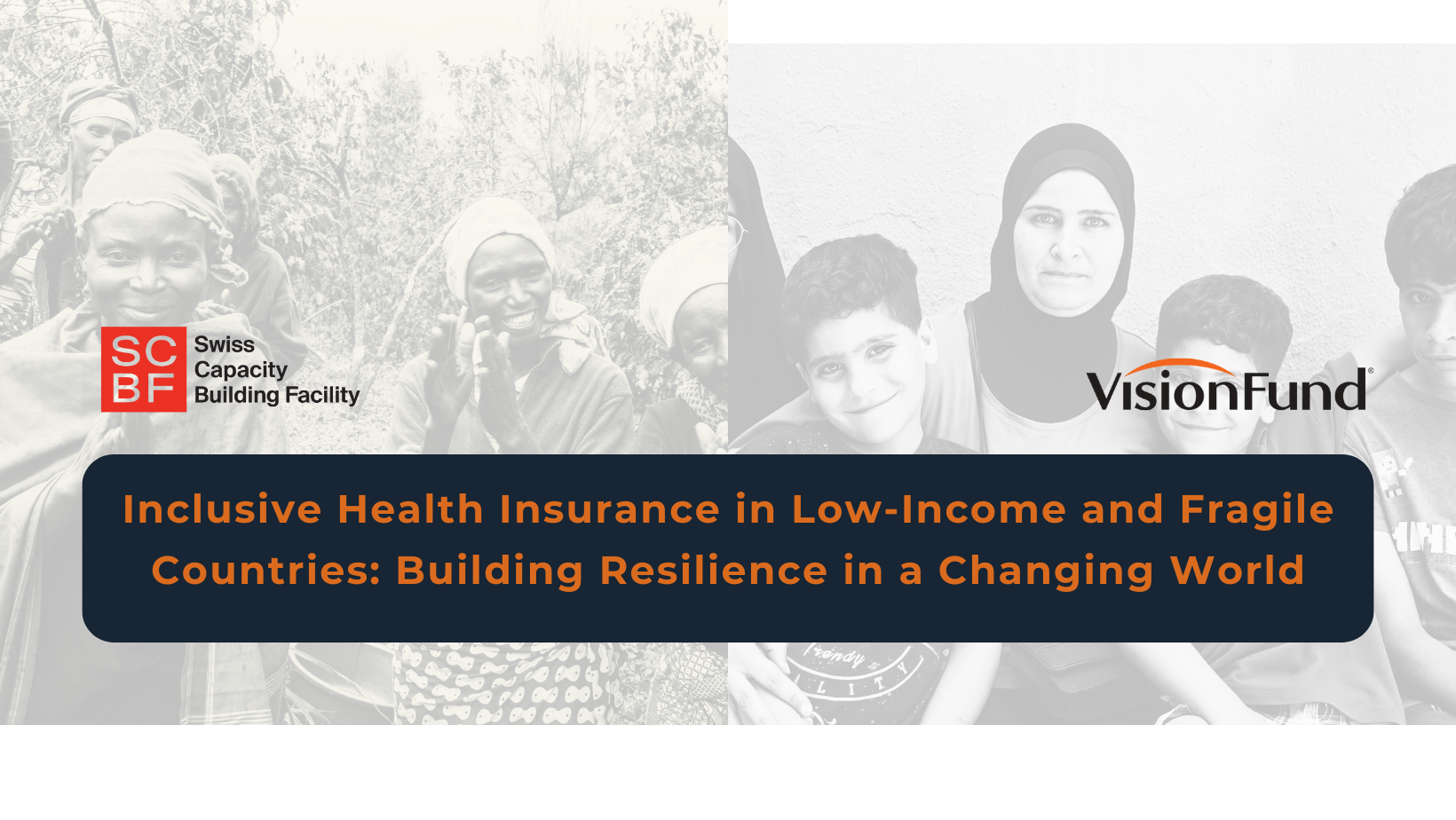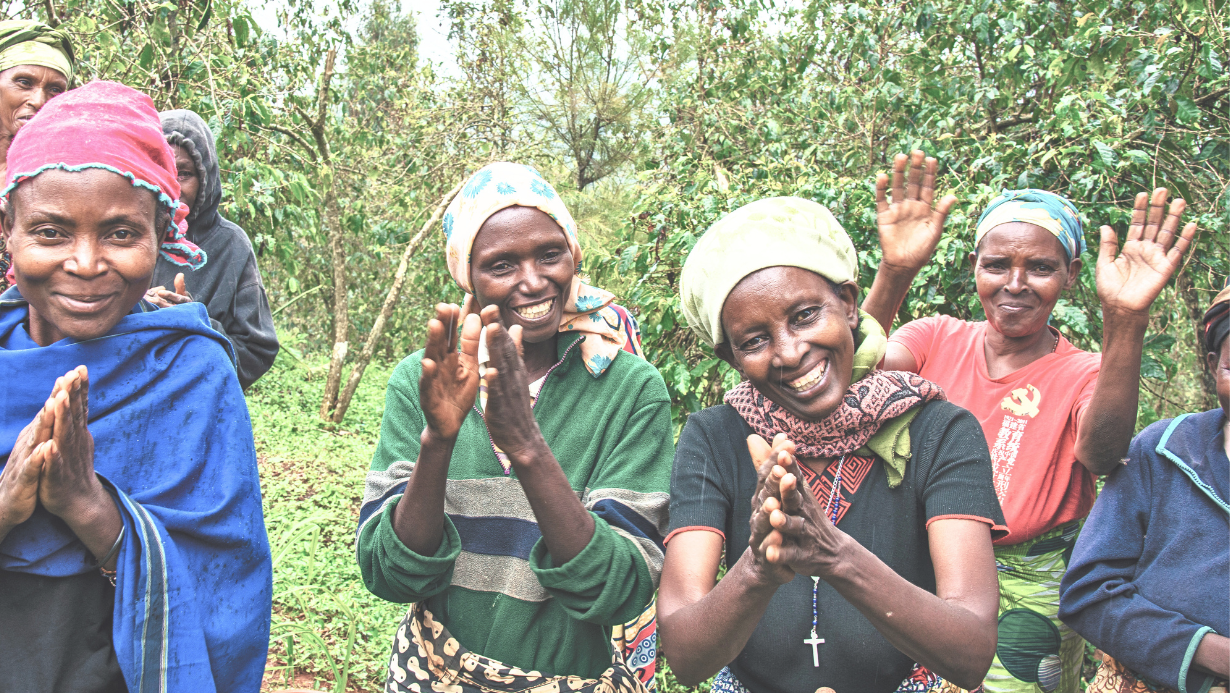Project Highlight – Fostering and enabling Women Self-Help Groups in Mali

In Mali, SCBF supported a project on implementing and scaling “Yeredeme group methodology or Self-Help Group (SHG) methodology” (also known as Yereta Methodology) that aimed to enable and empower women involved in livelihood creation activities to come together as members of the Yeredeme / Self-help groups and foster each other’s growth by learning, working, and managing the funds together. Centre d’Appui à la Microfinance et au Développement (CAMIDE) provided the technical assistance and Bɛnso Jamanu Microfinance with its strong network of self-managed village banks (knows as CVECAs) helped in implementing the project.

For the sustainability and further growth of the project by expanding the Yeredeme methodology, the following activities are currently underway.
- Federations (which are larger groups of SHGs) being strengthened by CAMIDE facilitators to enable them to fulfill their roles. The secretaries of the Yeredeme groups are monitored to minimise errors in record keeping. Frequent technical support is also provided by peers to keep records and monitor the functioning of the Yeredeme Groups.
- Through the federations, loans are being granted to women by Bɛnso Jamanu. This strengthens these federations in terms of capitalising their funds since they benefit from part of the interest on the loans.
- The setting up of income-generating economic activities (poultry farming, market gardening, winter crops, trade, etc.) with the extensive involvement of the federations ensures the sustainability of their actions. It brings women together around economic activities that can lead to the creation of formal structures, such as co-operatives, so that they can derive full benefit from their activities (organisation and development of profitable agricultural sectors). The existence of economic models and the development of a pool of local women trainers play an important role in ensuring the sustainability of the Group’s activities.
Based on these achievements, CAMIDE plans to extend the Group’s methodology to other localities in the Koulikoro and Sikasso regions where Bɛnso Jamanu is already present. For further expansion in other regions, surveys are currently being carried out to identify ways and means of ensuring that CAMIDE and Bɛnso Jamanu have an effective presence in these areas.
Key Learnings:
Some important learnings from the project have been as follows:
- Promotion of livelihood-generating activities is key for the success of the Yeredeme Groups; the core objective of the Yeredeme methodology is to empower and enable women to be self-sufficient; thus, a key requirement for women to join the group is to be involved in livelihood-generating activities. With the help of funding, they can then grow their businesses and contribute towards community building, e.g., in the Séro region the Séro dam was rehabilitated (that improves dry season production) and a new onion storage facility was constructed to serve the village. It is a very good example of the way the groups are contributing to the communities and creating positive impact.
- The methodology not only helps women to learn finance and risk management but also helps them to be self-sufficient; Yeredeme group members are involved in livelihood-generating activities (pre-requisite), hence, they have basic know-how of allocating and using resources. Additionally, as part of the groups they save, pool-in and then allocate micro-loans to other members. By being involved in this whole process with a group of women from the same community and similar backgrounds, they learn from each other about handling money prudently and efficiently. Eventually, it improves their decision-making skills and helps them to be independent by building their capacity.
- Peer learning encourages women to learn and manage on their own; for upscaling the activity of the Yeredeme groups involvement of Community Resource Persons (CRPs) is required, who are existing members well-versed with the Yeredeme methodology. They help in training and monitoring the individual Yeredeme groups and Village Organisations. Given that they belong to similar backgrounds, and similar communities, and have been through similar experiences makes them stronger role models for other members to learn from and aspire to be like them.
Testimonials:

Read the completed Project Report
Cover picture credit: GCShutter, Getty Images Signature























































.png)











































